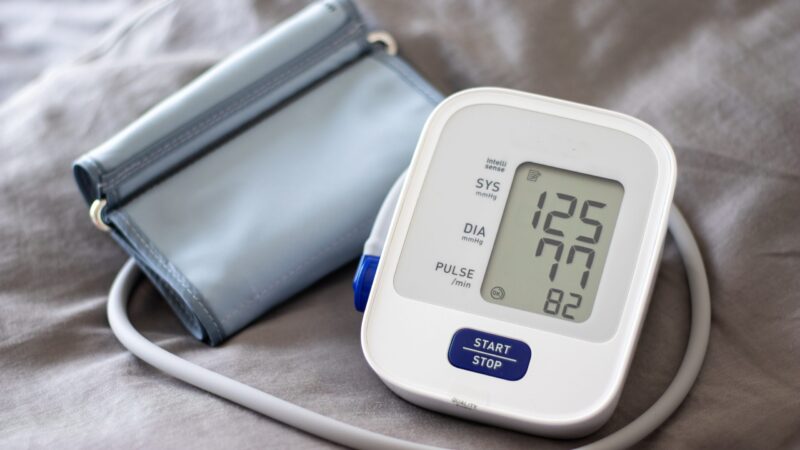
Having high blood pressure and high cholesterol are significant risk factors for cardiovascular disease heart disease and stroke, which are leading causes of death in the UK. Unfortunately, those who face inequalities may face additional challenges in managing these conditions due to barriers that make it more challenging to access the right healthcare, advice and support. However, there are several things you can do to take control of your blood pressure and cholesterol.
Eat a healthy diet
Eating a healthy diet is crucial for managing blood pressure and cholesterol levels. Try to eat plenty of fruits, vegetables, whole grains, and lean proteins. Limit your intake of processed and high-fat foods, such as fast food or sugary drinks. If you have high cholesterol, limit your intake of foods high in saturated and trans fats, such as fried foods and fatty meats.
Exercise regularly
Regular physical activity can help lower blood pressure and cholesterol levels. Aim for at least 30 minutes of moderate-intensity exercise, such as brisk walking or cycling, five days a week. You can exercise on a budget, so have a look at the links at the bottom of the page for activities in your community, such as park runs and other activities.
Manage stress
Stress can contribute to high blood pressure and cholesterol levels. Find healthy ways to manage your stress, such as meditation or deep breathing exercises. You can also try low-cost activities, such as yoga or gardening, to reduce stress and improve your mental health.
Quit smoking
Smoking can raise blood pressure and cholesterol levels. If you smoke, it’s essential to quit. There are many free resources available from your GP or pharmacy to help you quit, such as the NHS Stop Smoking Service.
Limit alcohol intake
Drinking too much alcohol can raise blood pressure and cholesterol levels. If you do drink, aim to stay within the recommended guidelines which is no more than 14 units per week.
Take medication as prescribed
If you have high blood pressure or high cholesterol, it’s essential to take medication as prescribed by your healthcare provider. These medications can help lower your levels and reduce your risk of heart disease and stroke. Controlling blood pressure and cholesterol is crucial for maintaining overall health and well-being, and there are many ways to do so on a budget. Remember, small changes can make a big difference, and it’s never too late to start living a healthier life.
How to monitor your blood pressure at home
In this video, Dawn Sargent, a Nurse Practitioner in the Southend East Primary Care Network talks through the importance of monitoring blood pressure, the benefits of doing this at home, and demonstrates how to accurately and effectively take readings.
Local support
A rage of services are available locally to help you improve your health and wellbeing. Click the link below to find out more and access your local service.
Lifestyle Services